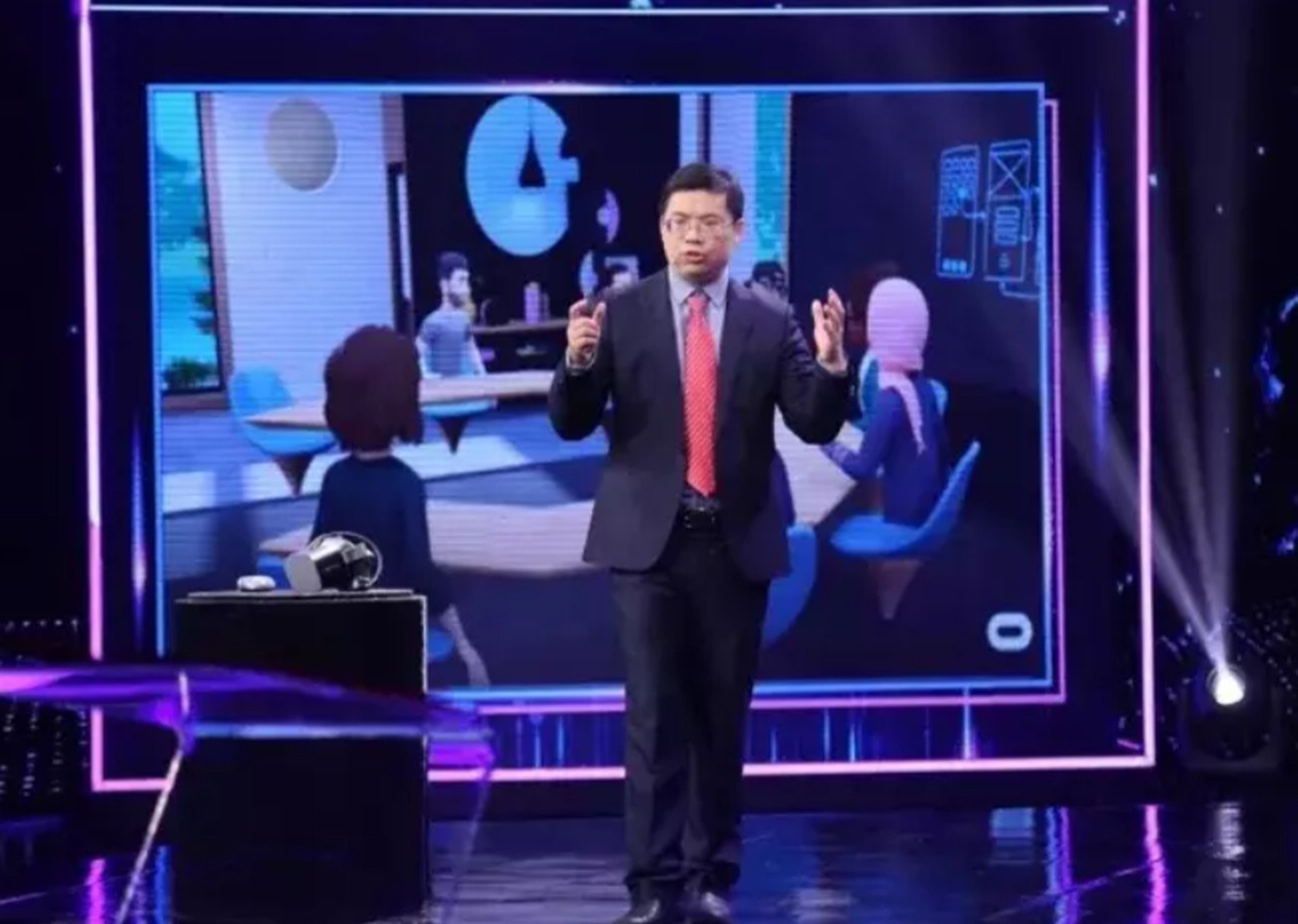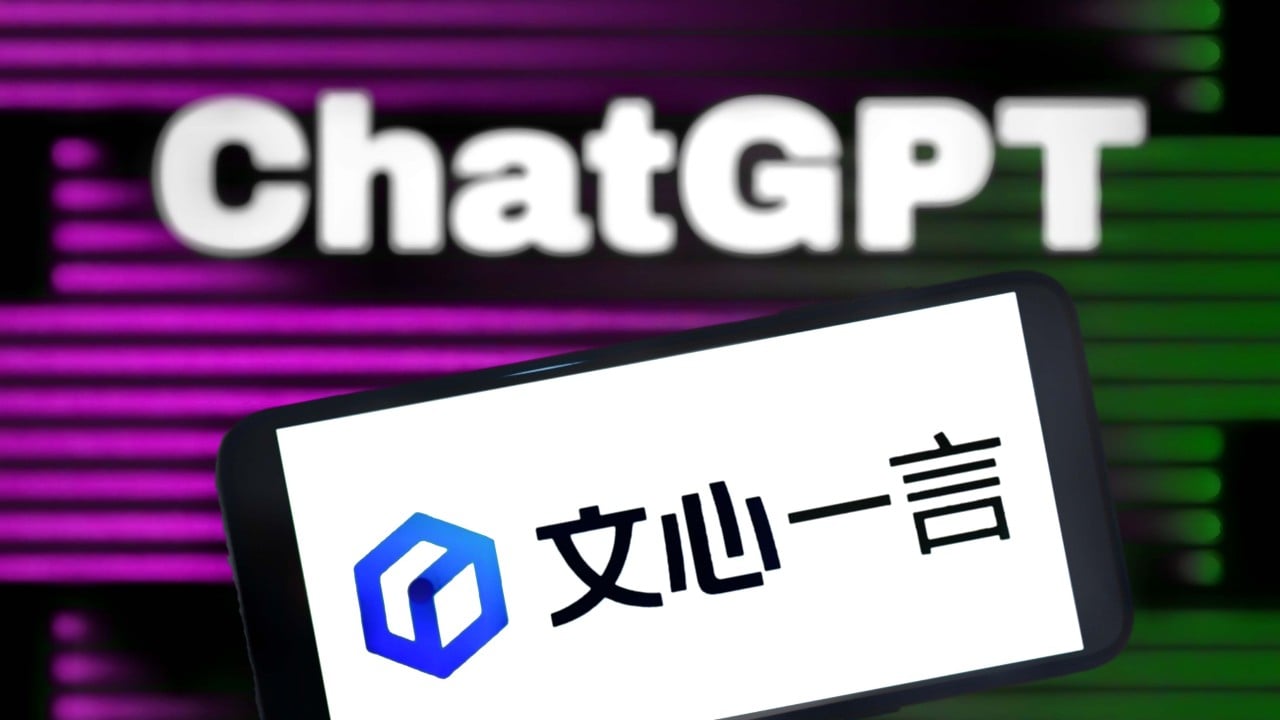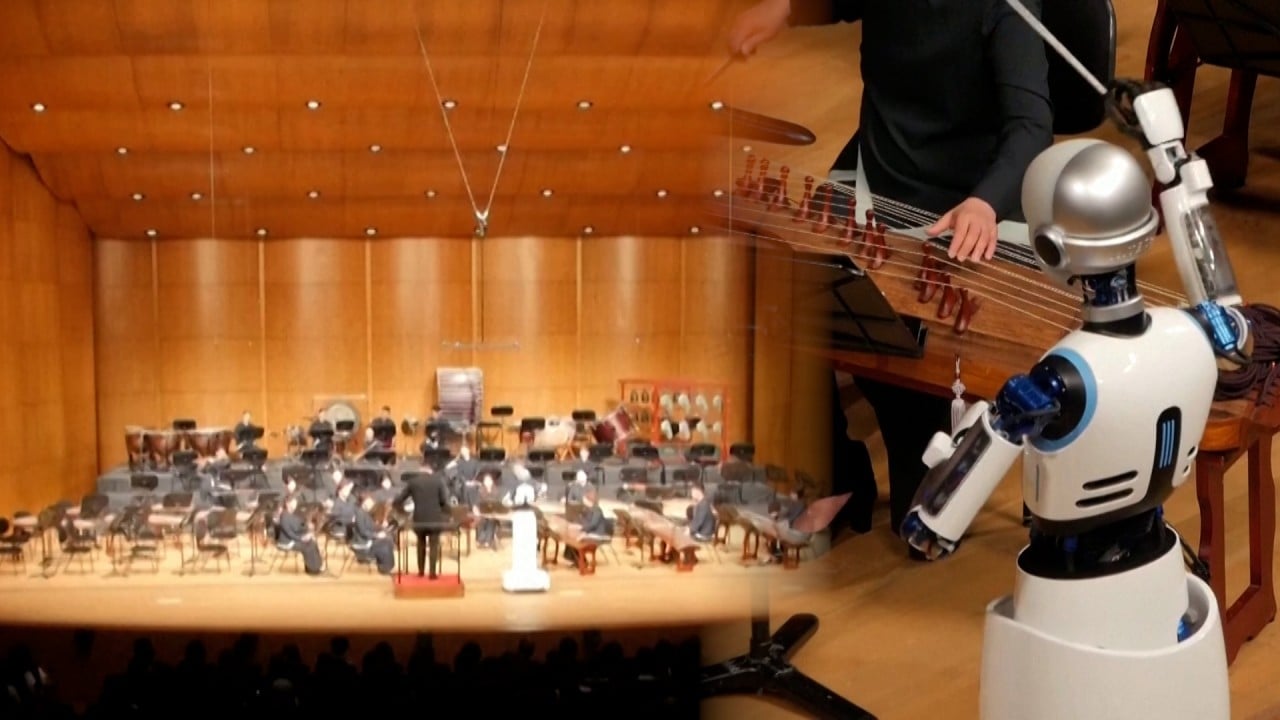The AI ended up generating his entire book – which then won a national literary award.
The nearly 6,000-word Chinese-language novel Land of Memories, by Shen Yang, a professor at the university’s School of Journalism and Communication, recently won a national science fiction award, Jinan Times, a newspaper in the Shandong province reported.
Shen crafted the sci-fi narrative from a draft of 43,000 words generated in just three hours with 66 prompts. The unique storyline, which had never appeared in existing literature, has intrigued readers with the first three lines, all generated by AI:
“In the metaverse’s edge, lies the ‘Land of Memories’, a forbidden realm where humans are barred. Solid illusions crafted by amnesiac humanoid robots and AI that had lost memories populate its domain. Any intruder, be it human or artificial, will have their memories drained away, forever trapped within its forbidden embrace.”
Why China is still several moves behind in the AI chess game started by ChatGPT
Why China is still several moves behind in the AI chess game started by ChatGPT
The story centres on a metaverse explorer named Li Xiao, who used to be a neural engineer in the real world. After accidentally losing all memories of her family during an experiment, she became interested in the legend of the “Land of Memories”, and began to hope that her lost memories could be retrieved in the metaverse.
AI translation helps Chinese web novels find more readers abroad
AI translation helps Chinese web novels find more readers abroad
Among the judges, only one was notified that Shen had used AI in his work. But another judge, who had been exploring AI content creation, recognised that Shen’s work was AI-generated. The judge said he did not vote for the submission because it was not up to standard and “lacked emotion”.

“This is the first time AI writing has won a literary award in the history of literature and of AI,” he said, adding that the creation process of the novel would be detailed and made public “for anyone who would like to learn how to create good fiction with AI”.
It was not easy to recognise that Shen’s piece was generated by AI, said Fu Ruchu, who is the editorial department director at the People’s Literature Publishing House.
“Science fiction writers often pay more attention to creativity and scene description than language,” Fu said.
“I think this novel is well done and logically consistent.”
“The sense of language in this novel is very weak. I think this sense of language may become even rarer in the future,” she said.
“With more AI writing, it will be more scarce and elusive.”




